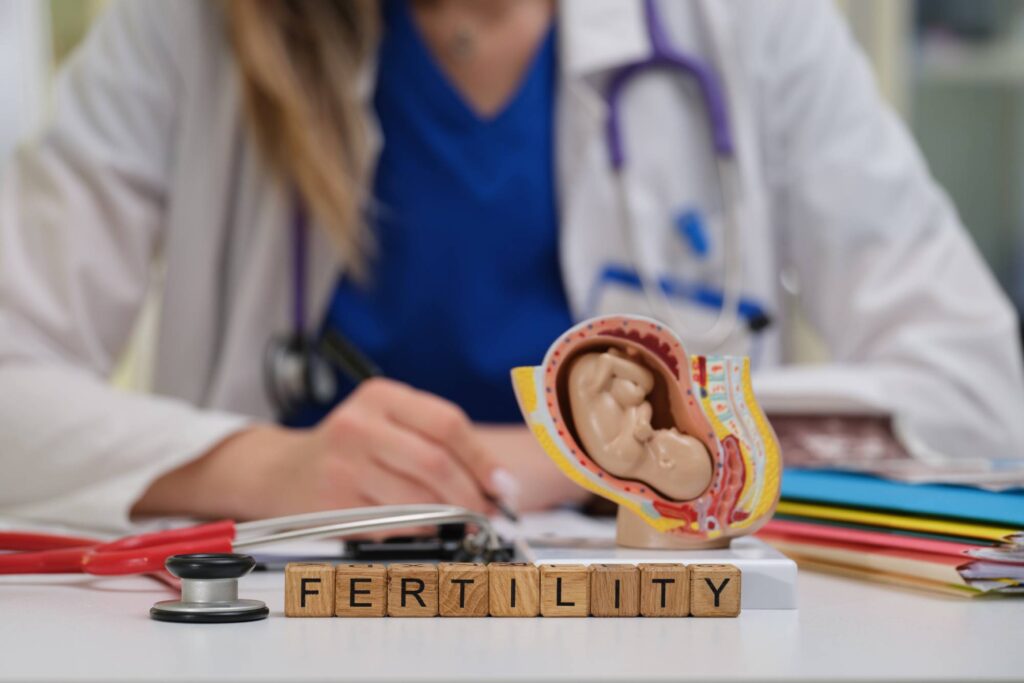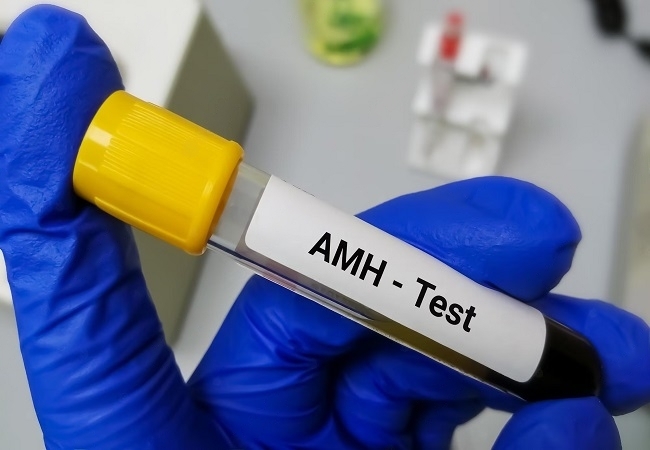LOW AMH IVF TREATMENT CLINIC IN NOIDA
Low Anti-Müllerian Hormone (AMH) IVF treatment at Little Angel IVF in Noida offers a specialized approach for individuals facing challenges with diminished ovarian reserve. Our Low AMH IVF Treatment clinic is renowned for its state-of-the-art facilities and personalized care, ensuring patients receive the most effective treatment tailored to their specific needs. The treatment for Low AMH Levals at Little Angel IVF involves a thorough assessment of the patient’s hormonal profile, followed by a customized IVF protocol.
This may include using lower doses of stimulation medication, aiming to optimize the quality of eggs rather than quantity. Our Low AMH IVF Treatment Centre in Noida is led by experienced fertility specialist in Noida, Dr Mona Dahiya. We use advanced techniques such as Intracytoplasmic Sperm Injection (ICSI) and embryo culture to enhance success rates. Our patient-centric approach, combined with cutting-edge technology, makes Little Angel IVF a preferred destination for those seeking IVF treatment for low AMH in Noida.

PROCEDURE FOR LOW AMH TREATMENT IN NOIDA
We are Noida’s top clinic for Low AMH treatment. We provide ongoing supportive care, hormonal supplements, and lifestyle advice to boost implantation and pregnancy chances. Continuous follow-up care and counseling are integral throughout treatment and pregnancy. We ensure comprehensive support for each patient’s unique journey.
PATIENTS GUIDE FOR LOW AMH TREATMENT
Normal AMH Range: Normal AMH level is between 1.5 to 4.0 ng/mL.
Low AMH Levels: Low AMH levels are described as below.
(1.0-1.5) ng/mL: lower ovarian reserve.
(0.5 – 1.0) ng/mL: Reduced ovarian reserve.
Below 0.5 ng/mL: Diminished ovarian reserve.
Who Needs Low AMH Treatment:
- Women with AMH levels below 1.5 ng/mL.
- Difficulty conceiving naturally due to low ovarian reserve.
- Women of advanced reproductive age, as AMH levels Decline.
- Unsuccessful IUI and Past IVF Failures.
Timely low AMH treatment improves conception chances and is vital for those considering IVF or assisted reproductive technologies. Get your AMH tests and book an online consultation to learn more.








